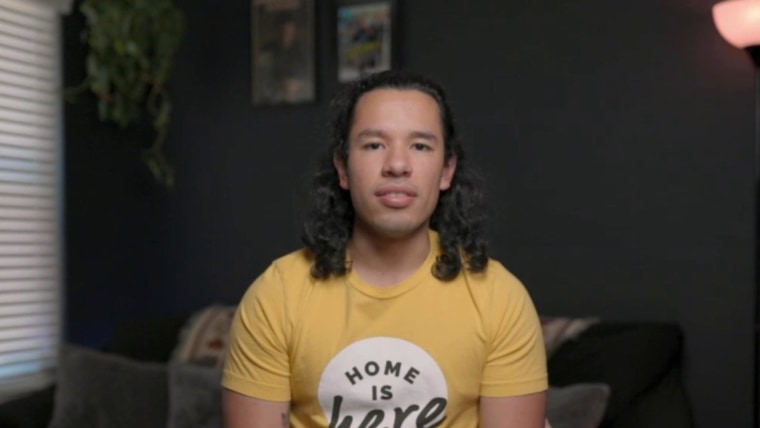WASHINGTON — The U.S. Supreme Court ruled Thursday that the Trump administration cannot carry out its plan to shut down the Deferred Action for Childhood Arrivals program, which has allowed nearly 800,000 young people, known as “Dreamers,” to avoid deportation and remain in the U.S.
Chief Justice John Roberts was the swing vote in the 5-4 decision, which deals a big legal defeat to President Donald Trump on the issue of immigration, a major focus of his domestic agenda.
Roberts wrote in the decision that the government failed to give an adequate justification for ending the federal program. The administration could try again to shut it down by offering a more detailed explanation for its action, but the White House might not want to end such a popular program in the heat of a presidential campaign.
Roberts was joined in the majority by liberal Justices Ruth Bader Ginsburg, Stephen Breyer, Elena Kagan and Sonia Sotomayor.
“We conclude that the acting secretary did violate the [Administrative Procedure Act],” and that the decision to rescind DACA “must be vacated,” Roberts wrote. In his decision, Roberts called the Trump administration’s “total rescission” of DACA “arbitrary and capricious.”
Conservative Justices Clarence Thomas, Samuel Alito, Neil Gorsuch and Brett Kavanaugh filed opinions that concurred with parts of the majority and with parts of the dissent.
Thomas wrote, “Today’s decision must be recognized for what it is: an effort to avoid a politically controversial but legally correct decision.”
Roberts, however, also said that admin can take up the issue again — a matter that was explicitly pointed out in one of the dissenting arguments.”
“The Court still does not resolve the question of DACA’s rescission. Instead, it tells the Department of Homeland Security to go back and try again,” Alito wrote in his dissent.
The decision was widely met with praise from various Democratic lawmakers, business leaders and immigrant advocacy groups.
Immigration lawyers told the Supreme Court after the case was argued last fall that frontline health care workers involved in responding to the coronavirus epidemic rely on about 27,000 DACA recipients, “including dentists, pharmacists, physician assistants, home health aides, technicians” and nearly 200 medical students.
“Termination of DACA during this national health emergency would be catastrophic,” they said in an April 2 court filing. The Association of American Medical Colleges told the court last fall — well before the pandemic crisis — that the U.S. is unprepared “to fill the loss that would result if DACA recipients were excluded from the health care workforce.”
The court said the Department of Homeland Security did not act properly when it ordered the program ended in 2017. In response to legal challenges, lower court rulings allowed DACA to keep going, letting young people in the program to reapply every two years and remain under its protection. Children of illegal immigrants were allowed to remain here if they were under 16 when their parents brought them to the U.S. and if they arrived by 2007.
DACA’s defenders had argued that federal law required the Trump administration to give a detailed explanation before trying to shut the program down — an action that would affect hundreds of thousands of people and the businesses that employ them. Instead, they said, the government simply declared the program illegal. More than 100 business groups, including Apple and Microsoft, sought to preserve DACA, arguing many of their employees are part of the program.
Figures show that over 90 percent of DACA participants have a job. Nearly half are in school. Many don’t speak the language or know the culture of their home countries.
Among them is Claudia Quinonez of Maryland, brought to the U.S. at age 11 by her mother, who overstayed a tourist visa.
“DACA truly changed my life. I have a Social Security number. I have the ability to work, to contribute, and pay taxes,” she said.













